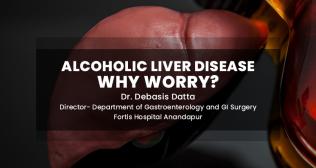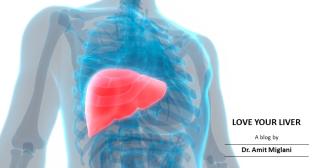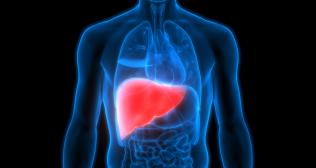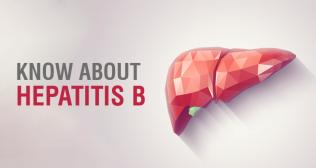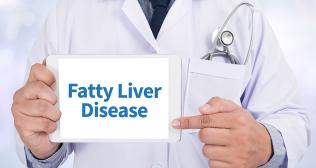
Is fatty liver disease reversible in children?
Fatty liver disease among children, also known as pediatric non-alcoholic fatty liver disease (NAFLD), is a concerning health issue that has been on the rise in recent years due to the increasing prevalence of childhood obesity and poor dietary habits. The good news is that in many cases, it is possible to reverse the condition through lifestyle changes and medical interventions.
- Fatty liver in children is becoming more common due to the growing prevalence of childhood obesity.
- It is estimated that 10% of children today have fatty liver.
- Children under 10 years of age with fatty liver should be evaluated for other conditions, especially congenital metabolic diseases, as the fatty liver is uncommon in this age group.
- Fatty liver is more frequently noted in children during or after puberty.
- Metabolic-associated fatty liver disease (MAFLD) is characterized by insulin resistance and hepatic steatosis, influenced by a sedentary lifestyle, hypercaloric diets, and genetic susceptibility.
- Fatty liver may or may not cause liver damage or inflammation, but in some cases, it can progress to steatohepatitis, fibrosis, and eventually cirrhosis in adulthood.
- Early intervention is essential, as fatty liver is potentially reversible.
- Lifestyle changes are the best treatment, including maintaining a moderate weight, increasing physical activity, limiting fructose intake, and adopting a nutritious diet.
- Regular medical checkups are important to assess the severity of the underlying liver disease and to monitor progress.
- Lifestyle measures and sometimes pharmacological measures may be needed to reverse fatty liver or prevent its progression.
The focus on childhood obesity and its association with fatty liver underlines the need for preventive measures and promoting a healthy lifestyle from an early age.
It's important to note that reversing fatty liver disease may take time, and each child's response to lifestyle changes can vary. It's crucial to work closely with healthcare professionals, including pediatricians and dietitians, to develop a personalized and sustainable plan to address the condition.
Always consult a healthcare provider before making any significant changes to a child's diet or lifestyle, especially when dealing with a medical condition like fatty liver disease. Early intervention and appropriate management can improve long-term health outcomes for children with NAFLD.
Categories
Clear allMeet the doctor

- Gastroenterology and Hepatobiliary Sciences | Gastroenterology and Hepatobiliary Sciences
-
10 Years
-
1500








